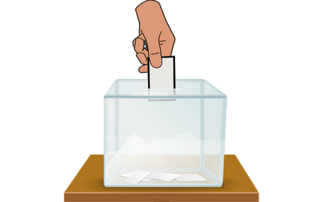3,000 workers stayed at home as O2 closed its head office in the remote working experiment, which also saved 2,000 hours of commuting time
An O2 experiment in remote working has found that more than a third of staff (36 per cent) said that they were more productive working at home than they would have been in the office. O2 closed ...
To continue reading this article...
Join Computing
- Unlimited access to real-time news, analysis and opinion from the technology industry
- Receive important and breaking news in our daily newsletter
- Be the first to hear about our events and awards programmes
- Join live member only interviews with IT leaders at the ‘IT Lounge’; your chance to ask your burning tech questions and have them answered
- Access to the Computing Delta hub providing market intelligence and research
- Receive our members-only newsletter with exclusive opinion pieces from senior IT Leaders



















